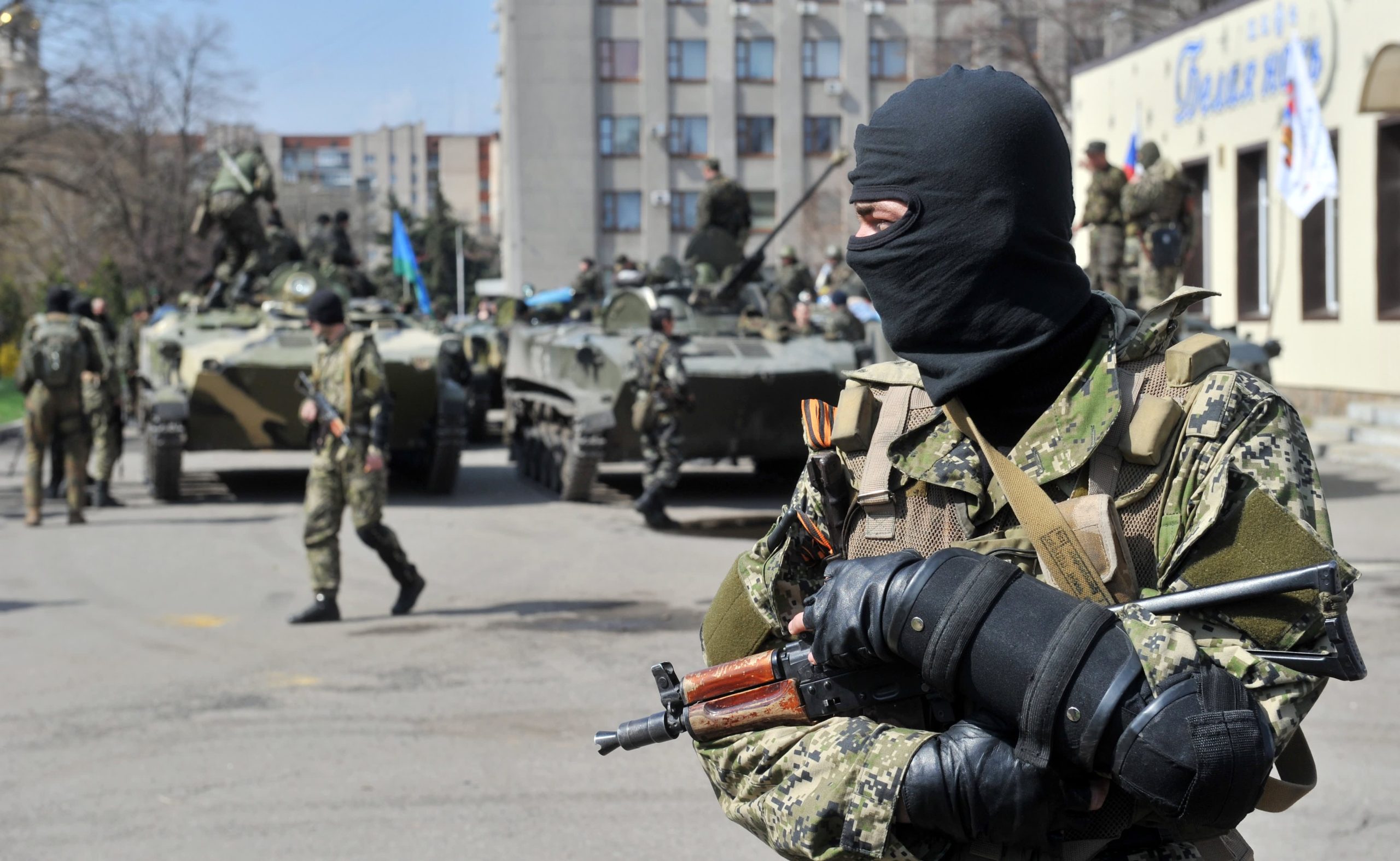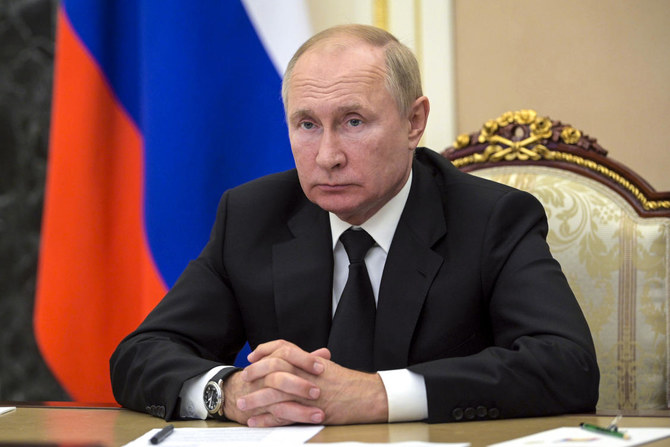International tensions escalate as the U.S. and British forces launch retaliatory strikes against Iranian-backed Houthi rebels in Yemen, drawing mixed reactions from the global community. The strikes, initiated in response to weeks of Houthi attacks on vessels in the Red Sea, involved contributions from Australia, Canada, the Netherlands, and Bahrain. U.S. defense officials assert that the actions were defensive, aimed at safeguarding navigation in a crucial waterway.

International Responses Vary
NATO and France express support, emphasizing the defensive nature of the strikes and citing a recent U.N. resolution endorsing the right to respond to such attacks within the bounds of international law. France pledges to uphold its responsibilities for maritime security in collaboration with partners.
In contrast, Turkey’s President Erdogan decries the strikes as a disproportionate use of force, drawing parallels with Israel’s actions in Gaza. He accuses the U.S. and Britain of fueling tensions in the region and attempting to turn the Red Sea into a “sea of blood.”
Russia joins the chorus of condemnation, labeling the strikes illegitimate and accusing the U.S. and Britain of seeking to manipulate the international law system to suit their actions.
READ ALSO: Russian Court Detains US Journalist Alsu Kurmasheva on “Foreign Agent” Charges
Houthi Response and Iranian Criticism
Houthi rebels denounce the strikes as “brutal aggression,” attributing them to U.S. and British support for Israeli actions in Gaza. Houthi military spokesman Yahya Saree claims five fatalities and six injuries as a result of the attacks.
Iran’s foreign ministry strongly criticizes the military strikes, deeming them an arbitrary breach of Yemen’s sovereignty and a violation of international laws. The spokesperson, Nasser Kanaani, vows that the actions will not go unanswered and unpunished.




